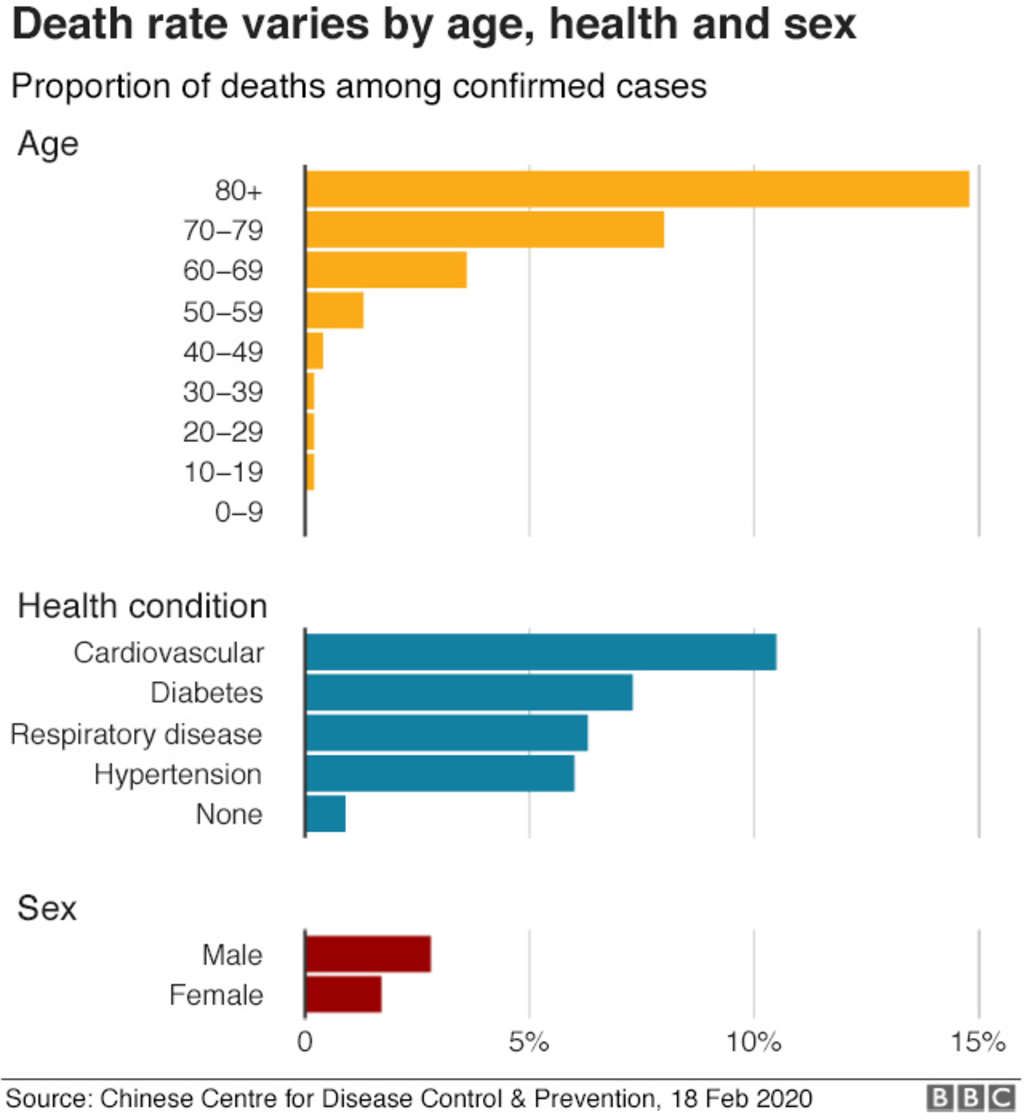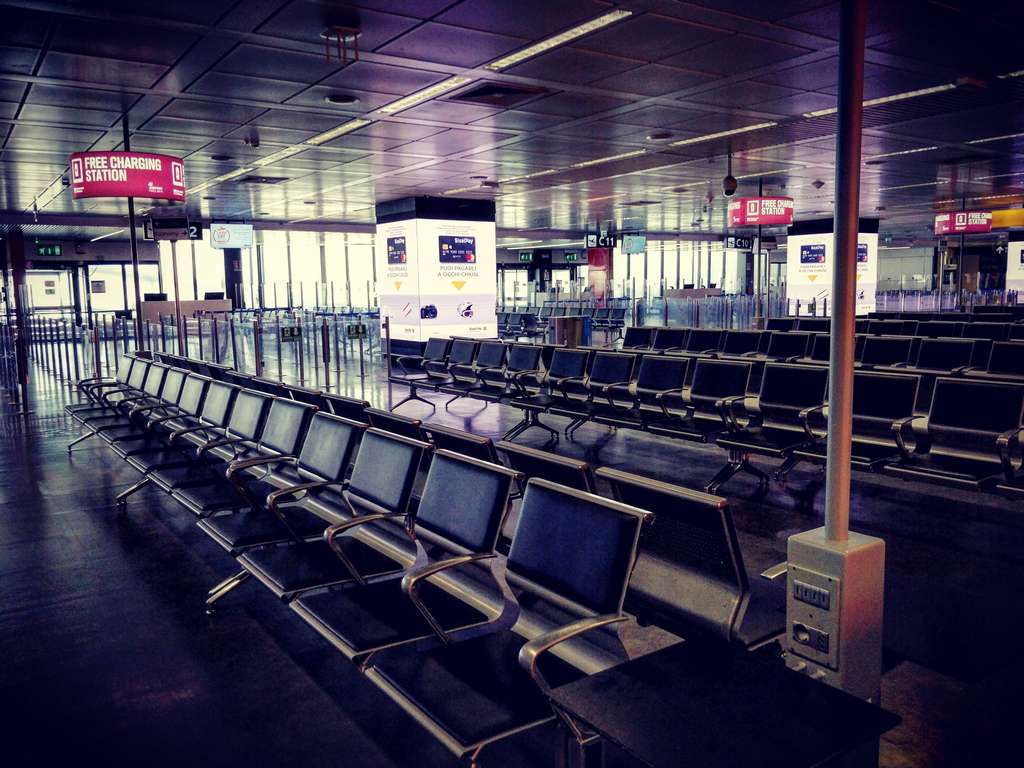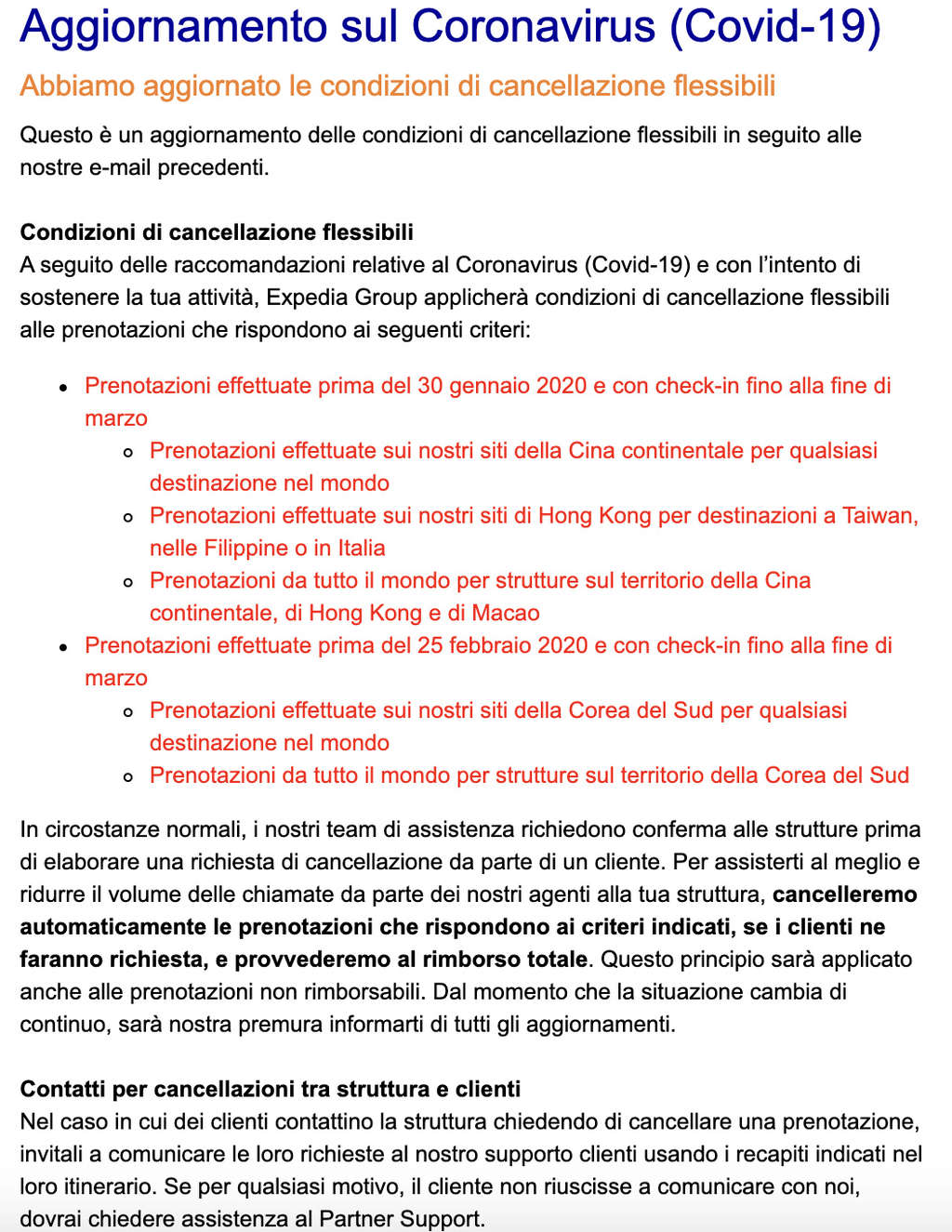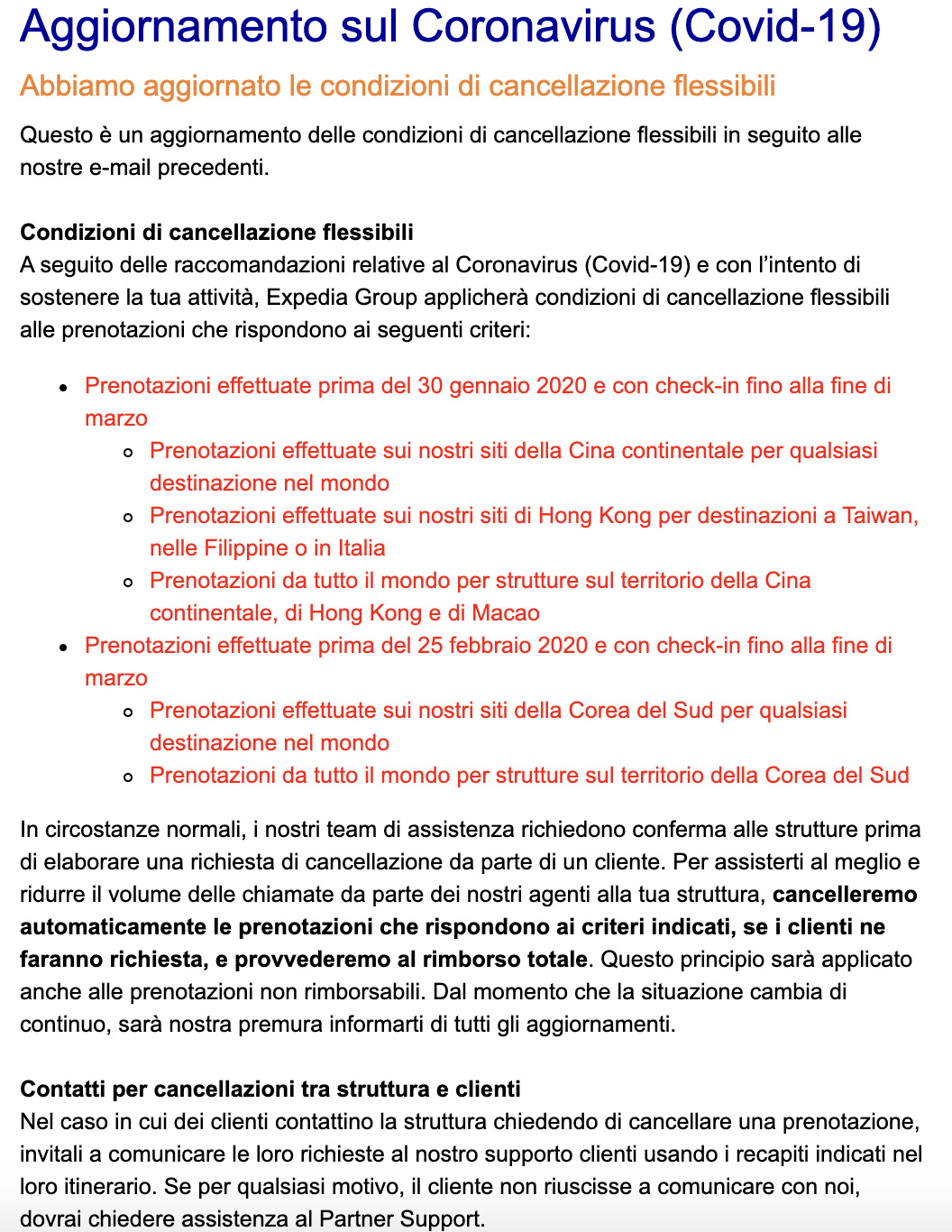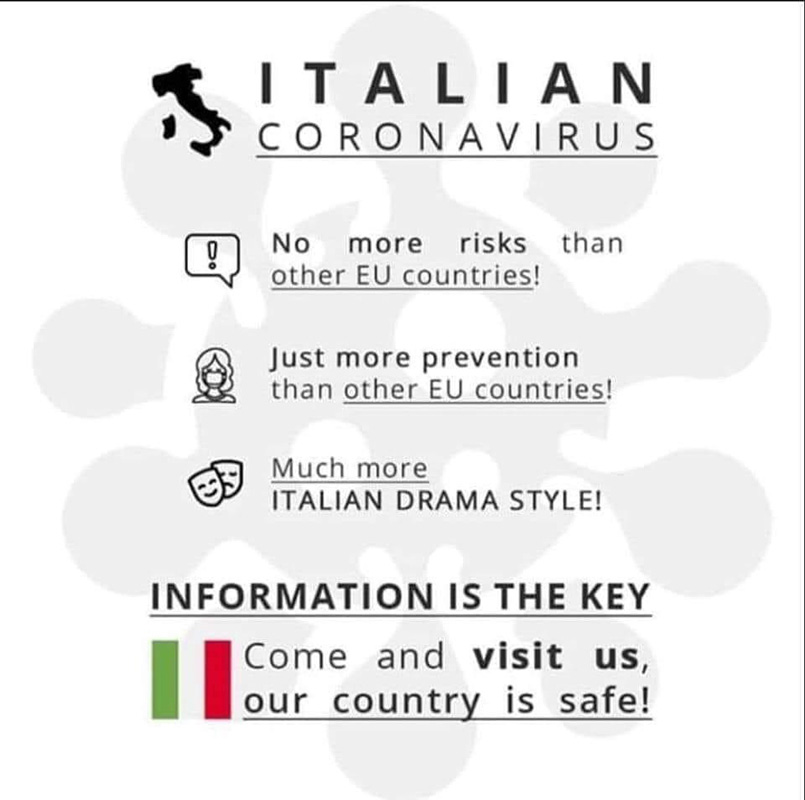It's a Swan: The Highly Improbable Impact of Coronavirus

SHOCK THERAPY
"We are the healthiest, wealthiest, and longest-lived people in history. And we are increasingly afraid. This is one of the great paradoxes of our time." These wise words are not mine, but Daniel Gardner's, author of one book everyone should read, especially during these crazy days: Risk: The Science and Politics of Fear. Other essential reads about what Naomi Klein calls the "Shock Therapy" (the exploitation of crises to establish dubious and questionable policies) are Panicology, by Simon Briscoe, the aforementioned Shock Doctrine: The Rise of Disaster Capitalism, by Klein, and one of my favorite non-fiction works of all times: The Black Swan: The Impact of the Highly Improbable, by Nassim Nicholas Taleb.THE BLACK SWAN: COVID-19
Over the years, I quoted Taleb so massively in my articles, books, and lectures, warning about a black swan occurring, that, after this whole coronavirus madness started, several clients texted me saying: "Hey, Simone, it's a swan!" But what is a Black Swan? "First," Taleb writes, "it is an outlier, as it lies outside the realm of regular expectations, because nothing in the past can convincingly point to its possibility. Second, it carries an extreme impact. Third, in spite of its outlier status, human nature makes us concoct explanations for its occurrence after the fact, making it explainable and predictable."Is Coronavirus a Black Swan? Let's break it down:
- Coronavirus IS an outlier, it DOES lie outside the realm of regular expectations, and NOTHING in the past can convincingly point to its possibility. Check.
- Coronavirus DOES carry an extreme impact. Check.
- Coronavirus makes us "concoct explanations for its occurrence after the fact, making it explainable and predictable" (even though these explanations are usually either conspiracy theories or plain BS). Check.
And, yet, I feel that the black-swan-iness of Coronavirus does not lie in the condition per se, rather in the way media covered the news.
PANICOLOGY: IS TOXIC MEDIA THE REAL PANDEMIC?
In my profession, I learned never to trust my emotions nor my personal biases: I look at data, analyze, weigh risks and opportunities, and then (and only then) I make a decision. After twenty years of doing it, this impacted my personal views on life as well, and I am less prone to follow my gut instincts than I was in my 20s. It's some kind of occupational disease (or I am simply getting old). So the only thing I can do, the only thing my brain has been trained to do, is clinically looking at numbers: as of today (March, the 4th), there are around 90,000 cases in the world, with 80,000 of them in China. 94% of patients already recovered. The fatality rate fluctuates violently from age group to age group, with a mortality of around 15% on people in their '80s, versus 0.4% on people in their '40s. The Chinese Center for Disease Control & Prevention published an infographic that's worth 1,000 words, here it is:THE ITALIAN CASE
And that, again, is China, where the majority of cases are. Now, let's take a look at the most affected European Country, which happens to be my Country as well (even though I left it years ago): Italy. Most tourist attractions have been closed, events (such as the famous Venice Carnival) canceled, schools shut, and people are banned from leaving or entering the affected areas without proper authorization. Pharmacies are running out of facemasks and hand sanitizers, and citizens are assaulting supermarkets to stock up food. While I am writing this, I am in Italy, so it's not some second-hand news. People ARE going bananas over here. But I digress. We have 2,500 confirmed cases in Italy, mainly in Lombardy and Veneto, and 79 deaths. These numbers look scary, but (and this is something us smartypants marketers know too well), lying with statistics is so damn easy. First, if you're immune system is good, you're likely not going to die. Victims in Italy were all in their '80s or '90s or, when younger, people with pre-existing serious conditions (such as the 62-year-old man who died was on dialysis). Moreover: 2,500 cases for 60M Italians. That is 0.004% of incidence. If we look at the death rate, that's 0.0001%, and I am still counting all age groups. Still scared? Let me rephrase it: the odds of being struck by lighting in your whole lifetime are 300 times higher than dying from Coronavirus in Italy, yet I don't see people going around dressed as Tesla coils.THE LONG-TERM OUTCOME: A MESSAGE OF HOPE
Over 5% of Italian GDP comes from tourism, and this panic is not helping. Most OTAs are imposing (not suggesting, imposing) flexible cancellations to all Italian properties (here below the email Expedia sent last week), and I have clients running at a 5% occupation rate, but I am sure that we can all learn something from this (media)disaster."We do not always respond to shocks with regression," Naomi Klein wrote, "sometimes, in the face of crisis, we grow up—fast." I believe that. I believe that because I know travel is a resilient industry. Always have been, always will be. I was a congress organizer when 9/11 happened; We thought it was the end. It wasn't. I was a GM when the 2008 crisis stroke; We recovered from that as well. I was consulting for Greek hotels when their GMs could not withdraw more than 50€ a day at ATMs; We outlived that. And we will recover from Coronavirus as well, but not by publishing posts like the one below (please, stop doing that, my hotelier friends, this only fuel the paranoia) rather by taking a step back and looking at this whole pandemic as we look at booking conversion rate: as we do understand that 0.0001% is a very (VERY) low figure when it comes to transactions, that number does not change when applied to a virus. It is still statistically irrelevant. I end this piece with another quote from Taleb (seriously, buy the book NOW https://www.amazon.com/Black-Swan-Improbable-Robustness-Fragility/dp/081297381X/).
"A life saved is a statistic; a person hurt is an anecdote. Statistics are invisible; anecdotes are salient." Think about it next time you read an Italian newspaper...
